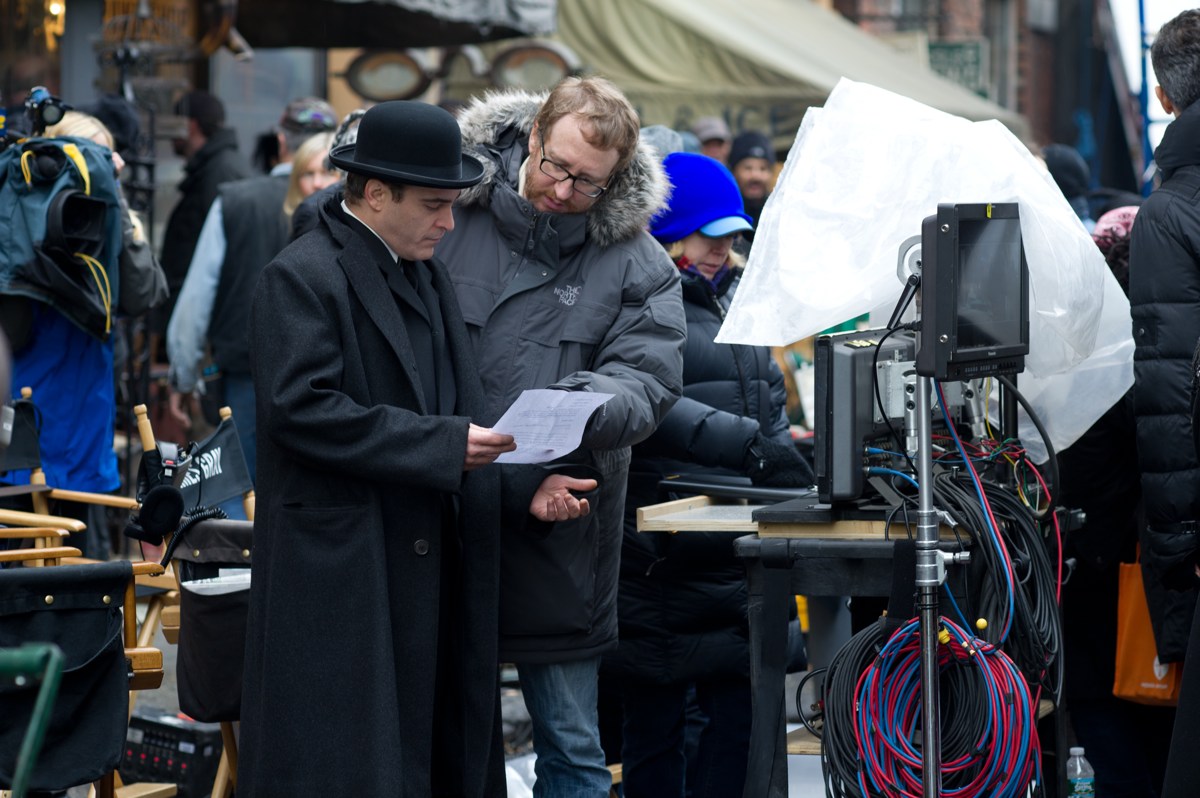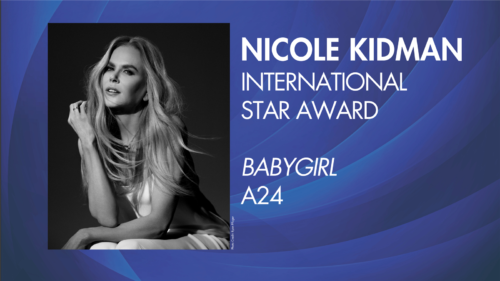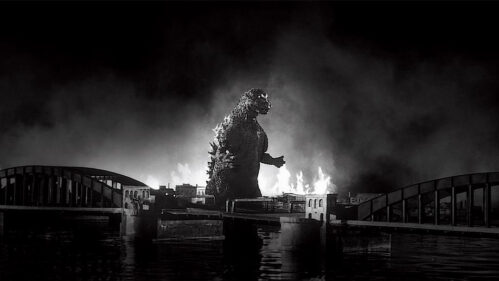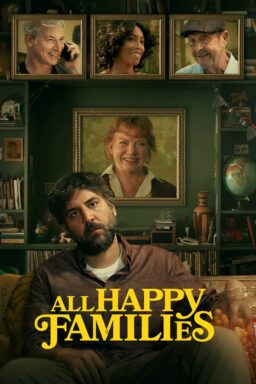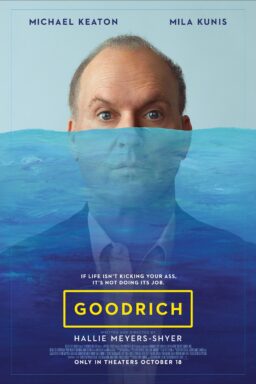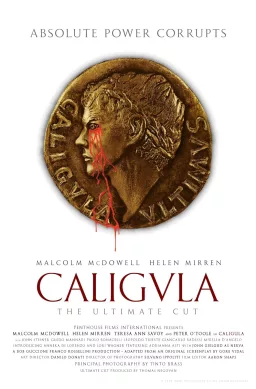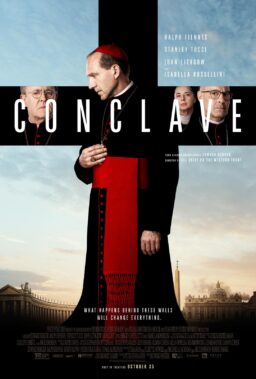James Gray's "The Immigrant," one of the richest and strangest entries in this year's Main Competition at Cannes, tells a story of a woman named Ewa Cybulska, who leaves her native Poland in search of a better life in America. We first see her arriving on Ellis Island in 1921, where she gets immediately separated from her tuberculosis-afflicted sister and denied legal entry to the U.S. Ewa spends the rest of the film trying to reunite with Magda, facing much adversity as an illegal immigrant, and trying to decide between two men who want her for themselves. One is volatile and tormented (no stretch for Joaquin Phoenix), while the other seems almost otherworldly in his sweetness and devotion (Jeremy Renner). The film is an intimate epic of personal resilience.
Playing Ewa is Marion Cotillard, who had to memorize about twenty pages of Polish dialogue for the role and — at least to this Pole's ears — has done a better job speaking the language than any foreign actor in memory. She delivers a truly great performance, suffering destiny's blows like a silent film diva (the film could have been easily called "Broken Blossoms"), and yet entirely free of self-pity and masochism.
Thanks to Gray's meticulous direction and Darius Khondji's diaphanous, sepia-toned cinematography that seems smothered by ubiquitous gas lamps, the film offers one of the most immersive journeys into the early 20th century's immigrant experience in America ever caught on film. Originally called "Lowlife," it ultimately came to share a title with the iconic Charlie Chaplin short of 1917, which had the Tramp step off the boat in the New World and quickly learn its ruthless ways in a series of comical misadventures. In Gray's movie, Ewa is also a kind of a patsy, albeit on an epic, excruciating scale. Her survival tactics include role-playing, lying, stealing and prostitution. Her dignity gets trumped upon, and yet remains intact.
I talk to James Gray the day following the first press screening.
Q: I want to talk about the extraordinary female character you created. Ewa's fragility — the way she walks, moves, speaks — is incredibly deceptive, in that it helps to hide her fierce resilience. You made a movie about a delicate human being of immense strength. Where do you think that strength comes from?
A: Survival. That instinct is so strong in people. Not in some, but in her, definitely. It's actually why I cast Marion. I thought that she had an amazingly fragile, beautiful face: big eyes and a silent movie star quality. She can radiate will. I feel deep down that this character has a great measure of toughness. You can see it when Joaquin approaches her and she's like: "Don't touch me!" It's not a helpless gesture, it's a powerful act of resistance. At the same time, she's like the saddest character ever. I have read extensively on the history of what used to be called white slavery at the turn of the last century, and it's just inconceivably tragic. In fact, I needed to soften and romanticize it, because if I didn't, it would be too unbearable to watch.
Q: The film is quite relentless in its bleakness as it is. And yet, I loved that there's at least once instance of magic that you preserve intact: the levitation scene, in which the magician played by Jeremy Renner actually floats in the air and we don't see any strings. You make us partake in the illusion the audience watching him on Ellis Island falls for.
A: He's the holy fool; he's going to come to show Ewa a path to life, even if he has his own flaws. I wanted to make Jeremy Renner almost into an apparition. It wasn't just him; I had hoped that the whole sequence provided Ewa with some kind of great hope in the midst of adversity. First, it's Jeremy literally defying gravity, and then there's Enrico Caruso singing opera.
Q: It's all about the possibility of wonderment, then?
A: The whole idea was to show something that makes Ewa realize that transcendence exists. It was very important to me. If all you have is bleakness upon bleakness, there's no point in watching. In "Survival in Auschwitz," Primo Levi says that even in Auschwitz there were moments when he felt joy. I don't even understand that, at least not emotionally. I can, sort of, understand it intellectually and that's part of what I was trying to do here. Also, maybe you could see the strings enabling Jeremy to levitate if you weren't in the state of mind Ewa is at that point in the story. She needs this magic to survive.
Q: Mid-way through the movie, Ewa says in Polish: "Nie jestem niczym" ("I am not nothing"). By the end, she directs those words in English at a man who both helped her and wronged her. She says: "You are not nothing" I think that order is crucial: she first needs to assert herself, in order to be able to offer compassion to others. How did you communicate to Marion Cotillard that this is the direction of the journey her character is taking?
A: It's weird, but it's not something I communicated to her at all. I don't want this to sound condescending, but that sort of thing cannot really matter to an actor. The actor's job is to focus on the reality of the emotion within the scene and the sequence. What you and I are talking about now — that journey from "I am" to "You are" — is a kind of more global view. Human beings don't have a global view of their lives, and nor would she. Of course, it's something I have to keep in mind for the whole film, but it's not something I need to communicate to the actor. What I do have to get across is the truth of the moment, within the given scene. It's my job, as a director and screenwriter, to create the environment in which all those moments will come together eventually.
Q: In other words, you were directing Marion Cotillard so that she wouldn't have the whole picture in mind?
A: Had she focused on the whole picture, she would have approached the character with a slight degree of condescending, because she would have known more than the character would have known; she would be "bigger" than the character and it's of critical importance for the actor not to feel that way. The actor always must be in the scene, not above the scene. To communicate any larger ideas is my problem; it's how the narrative is constructed and directed that hopefully does it.
Q: How did you balance the two male characters hovering around Ewa throughout the narrative?
A: I tried not to think about them too much and focus only on her. In a way, what I was doing, was trying to turn "Two Lovers" around and really making this movie from the woman's point of view. I'm sure that there will be some criticism from men, saying that Joaquin and Jeremy's characters are not developed well, but it's a very male perspective. It's Ewa's story and it's her point of view. I just tried to stay in the reality of her world and of how she perceived each person in it. She's in every scene in the film (save for a single one, lasting about 15 seconds). It's Ewa's journey and I tried to do justice to it.
Q: The very first shot in the movie is striking, in that it's both iconic and subversive: we see Statue of Liberty, but it's shot with its back to the camera, in a pose that seems either unwelcoming or simply indifferent to the immigrants on the boat.
A: I certainly don't think that United States is unwelcoming. I'm not even sure it's indifferent. I just think it lives by a myth. And life is more complicated than any myth — no matter where you are. It's difficult to put this into words, but every society has a kind of collective dream that drives it. And it needs it; it falls apart without it. The American Dream, the Horatio Alger myth — the idea that you can pull yourself up by your bootstraps — is so central to who Americans are and what they believe (and what they believe is possible), that it enables United States to function, even though social mobility in the States is considered the worst in the world, maybe except Great Britain. I guess I was trying to say that this collective idea of pursuing happiness is both real (in that we believe it) and deceptive (in that it's not without its hardships and travails). It's kind of a lie, but not a complete lie. The belief itself, as long as it lasts, makes it into a truth.

